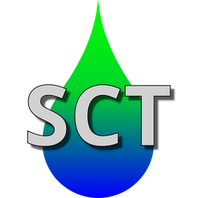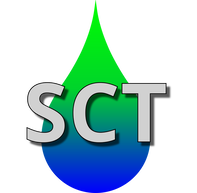Manufacturing Industry Requirements
Wastewater: The heavy manufacturing industries have wastewater with rolling oils, hydraulic fluids, coolants, and lubricating oil contamination. All of the different types of wastewater contain a mixture of free and emulsified oils. In industries, such as automotive manufacturing, oil sources are from metal cleaning operations and spent coolants. In both cases the oil is highly emulsified. Besides the emulsified oil, lubricating oil and hydraulic oils are normally present in a non-emulsified state and are commonly called ‘tramp oils’. Discharge is typically to a publicly owned treatment facility (POTW), although sometimes direct surface water discharge is required.
Water Treatment Requirements: The automotive and fabricated steel manufacturing process is driven by water. Baths, rinses, and cooling are the most common applications. Clean water is just critical throughout the process. Depending on the source (for example from the city water supply, a site well, or surface water) and the use of the water, a different treatment strategy may be required. If water reuse can be achieved, or maximized, costs are kept lower and less wastewater is generated.
Salt Creek Technologies can help guide you through these decision trees helping you find the best strategy technically and economically for your company or client.
Water Treatment Requirements: The automotive and fabricated steel manufacturing process is driven by water. Baths, rinses, and cooling are the most common applications. Clean water is just critical throughout the process. Depending on the source (for example from the city water supply, a site well, or surface water) and the use of the water, a different treatment strategy may be required. If water reuse can be achieved, or maximized, costs are kept lower and less wastewater is generated.
Salt Creek Technologies can help guide you through these decision trees helping you find the best strategy technically and economically for your company or client.


